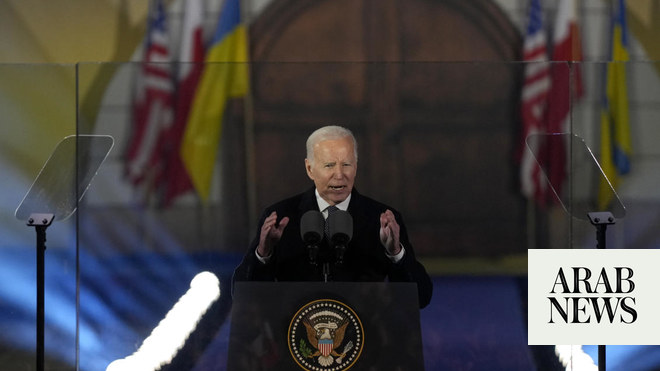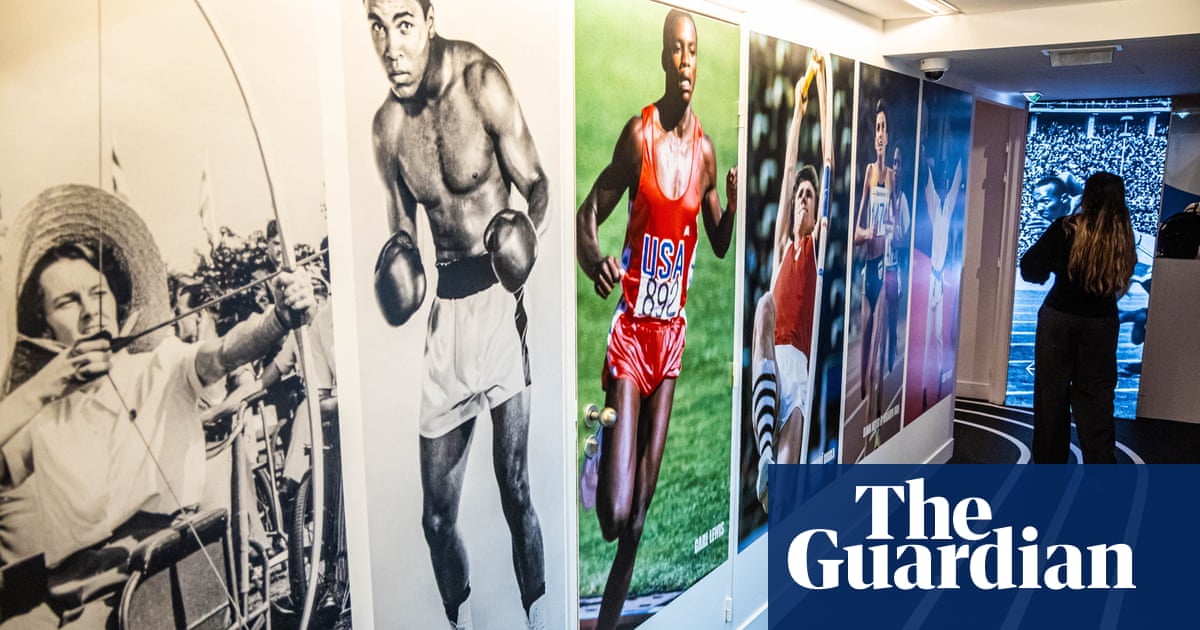
Aren’t a nation’s sporting successes a reason for pride and a reflection of its athletes’ achievements and endeavors? Sport carries with it certain historical and political baggage, whether played locally, regionally or internationally.
As I settled in to watch the Euro 2020 football match between England and Croatia at Wembley in North London on Sunday, I was expecting to hear boos from fans who apparently oppose the English players taking the knee before kick-off, considering it to be a pro-Marxist gesture and not a peaceful protest against racism. I was pleasantly surprised to hear, however, that any jeers were quickly drowned out by more fans clapping and cheering their team and its symbolic anti-racism gesture.
Issues like whether or not to take the knee and UEFA requesting Ukraine’s national team to remove a phrase with “historic and militaristic significance” from its shirts (it was, however, allowed to keep a map that includes the Russia-annexed Crimea and contested areas in the east of the country) seem to have plagued the competition from its first whistle.
Should sport be cleansed of all history and politics? And if so, how much is acceptable before football pitches are turned into battlegrounds or colorless shows of human athleticism devoid of social context for players and fans?
The 2020 UEFA European Football Championship, scheduled 60 years on from its inaugural version, was delayed by a year due to the pandemic. But instead of nations and people coming together to celebrate their unity more than ever before, loud voices dominated the preparatory weeks in the UK. With some fans opposing the players taking the knee, England manager Gareth Southgate wrote an open letter explaining the team’s desire to continue doing so as a statement meant to educate and inform that racism has no place in our society and as a gesture promoting equality and making people recognize existing inequalities.
Prime Minister Boris Johnson initially refused to criticize those who booed, maybe for electoral reasons, and a few other Conservative politicians saw that mixing politics and football had disastrous consequences for the players. I understand the apolitically minded fans wanting to simply enjoy a game without being reminded of bigger questions concerning injustice, racism or inequalities in the society in which they live. But that is not to say others cannot feel differently, since many believe the mere acts of waking up and existing are political and rooted in history and geography.
History and politics have always been at the heart of sport, from the anti-Vietnam War stance of the boxer Mohammed Ali to the Manchester United player Marcus Rushford campaigning last year for the government to feed poor schoolchildren while they were at home during the pandemic.
Equally, Europe is no stranger to conflict between its nations. The European Championship was designed to foster and develop unity and solidarity among the continent’s football community. It remains true to its mission years later, and maybe it is needed more than ever today as the strains of populism, nationalism and racism have returned to plague societies, coupled with the political and economic challenges facing countries in Europe and beyond.
It may look like a mere football tournament, but it is a lot more than that. Imagine if England were to win it this year (and I believe it has a big chance, since it has a youthful, talented and very determined and vocal team): It would send a statement firstly to the country that, despite Brexit, the UK is still strong and capable of achieving historic feats. And it would also say to the continent that, despite leaving the EU, the country is still a force that is ready to compete fairly and win where it deserves to, while being part of Europe’s fabric despite positioning itself outside the EU institutionally.
Meanwhile, although Russia and Ukraine might not play each other this summer, other countries will meet in the competition despite their historic battlefield encounters or current strained political relations. These include Germany and France, Finland and Russia, England and Scotland, and Poland and Slovakia.
The booing of those trying to reject inequality based on color, race or creed is unfortunate.
Mohamed Chebaro
As is increasingly clear, history and politics form part of sports generally, and the European Championship specifically. But recent divisive messages are seeping in more strongly and are being magnified to the point they risk turning the football pitch or other venues into arenas for recrimination and maybe futile battles for this or that cause. It might be the product of this era’s charged worldviews — which are often fought over virtually on social media or the internet, as well as on football pitches — indirectly leaving their deep scars in society.
The fact racism still needs fighting in the 21st century is a sign of human failure, and the booing of those trying to reject inequality based on color, race or creed is unfortunate. This is especially true as England has, over the last three decades, branded itself as a nation of tolerance and multiculturalism — unless the rules have changed since Brexit and the rise of populism.
Mohamed Chebaro is a British-Lebanese journalist with more than 25 years’ experience covering war, terrorism, defense, current affairs and diplomacy. He is also a media consultant and trainer.
Disclaimer: Views expressed by writers in this section are their own and do not necessarily reflect Arab News" point-of-view












